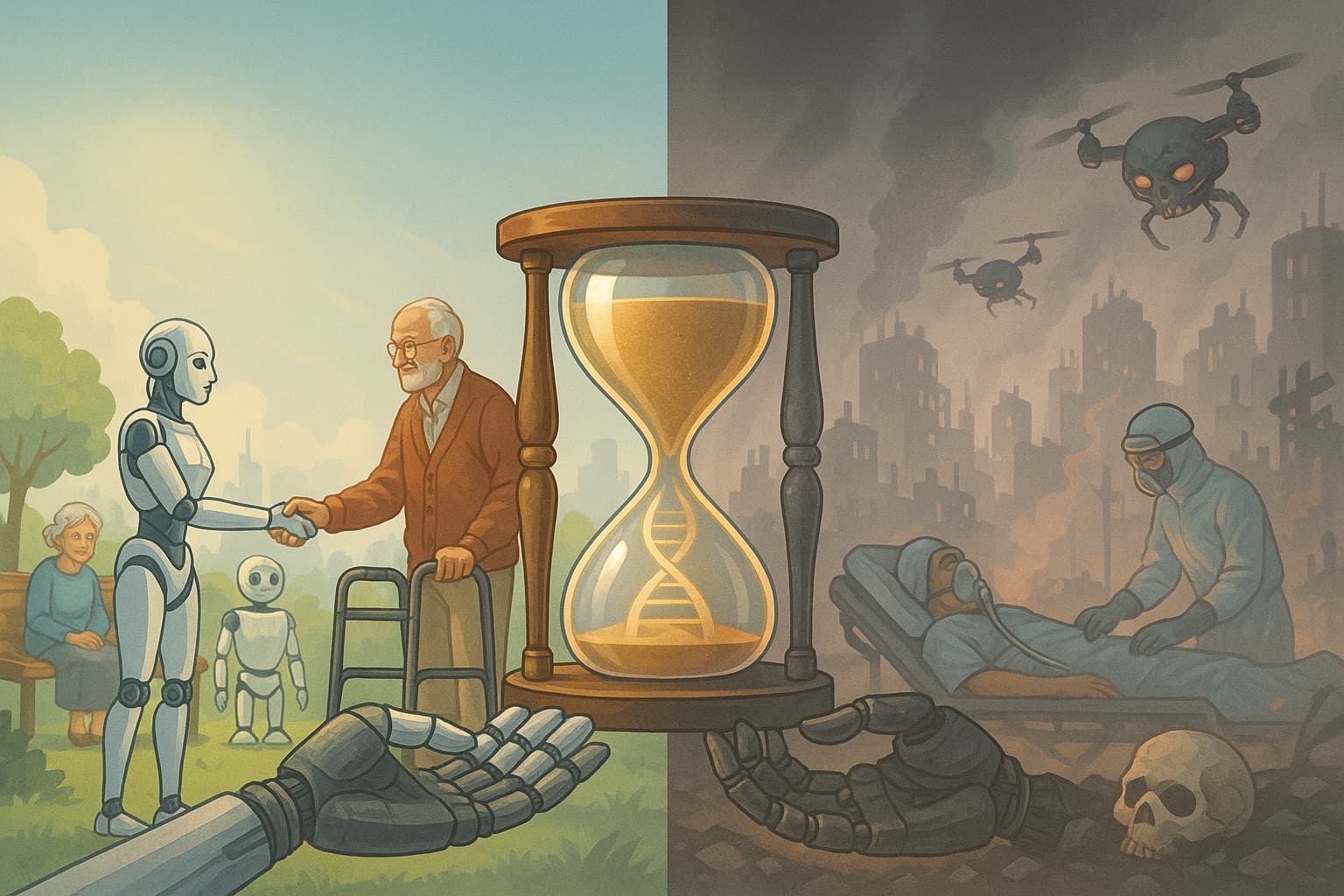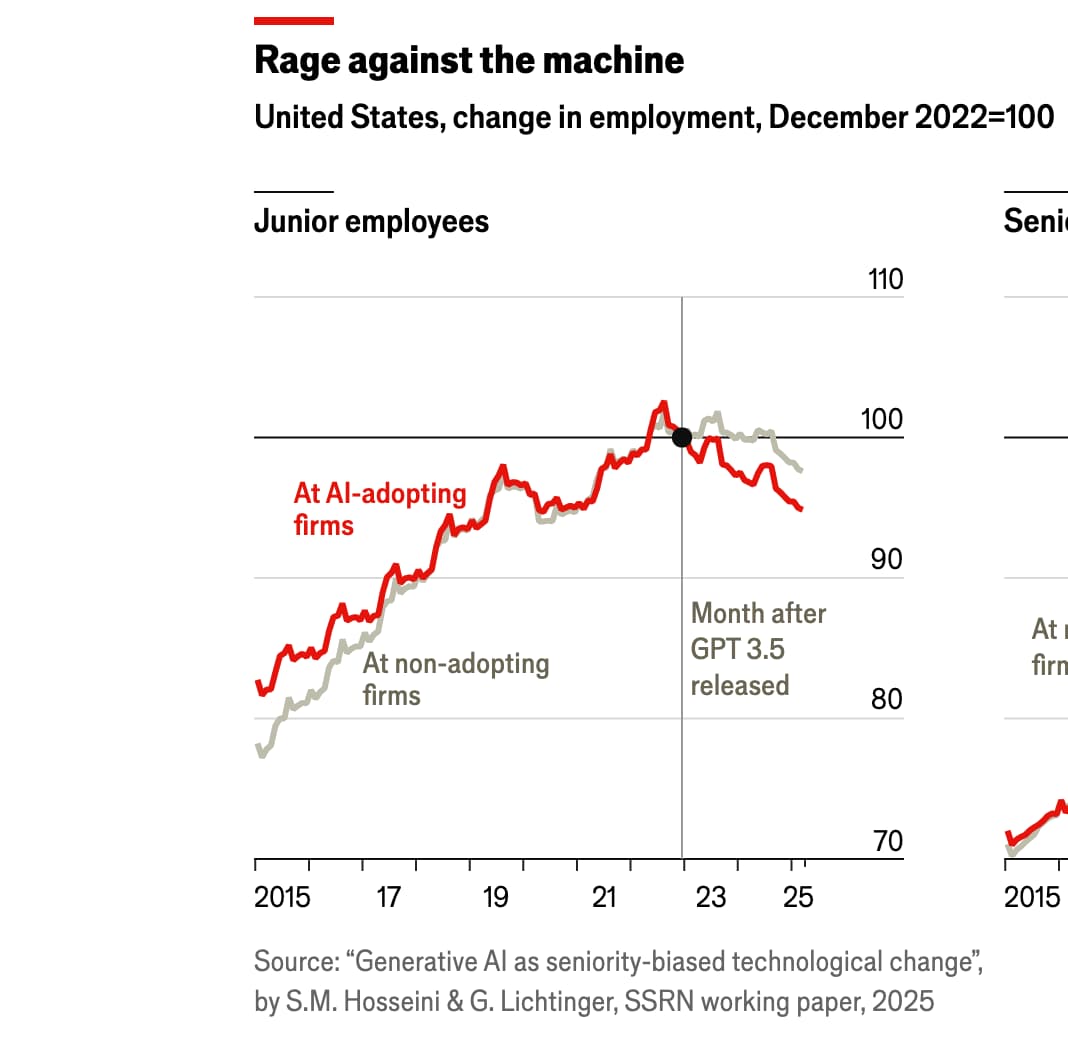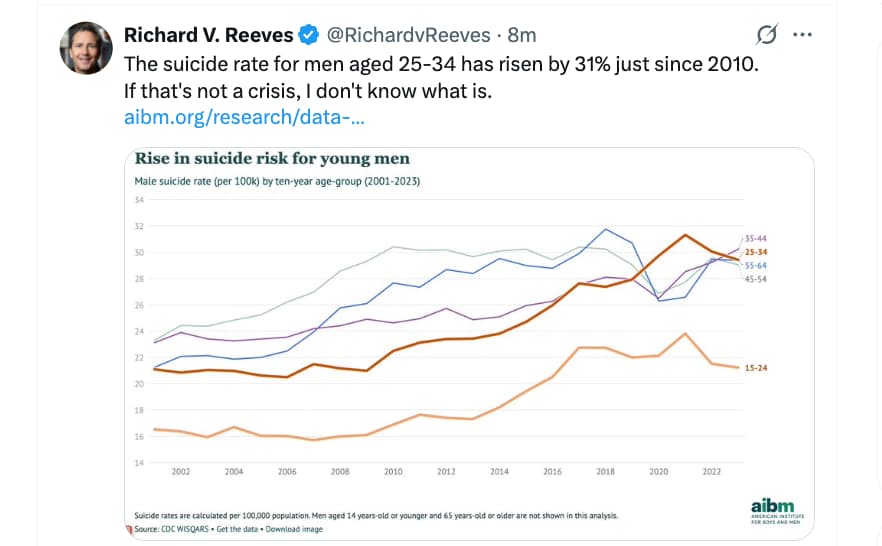(Source: The Financial Times)
New science advances may offer longer life to some, but the socio-economic affects may push others to die sooner
Sometimes I think ChatGPT does the broader field of artificial intelligence a disservice. While hallucinations, slop, exam cheats and robot speechwriters dominate the discourse, other uses of the technology are revolutionising science.
Last year, the Nobel Prize for chemistry was awarded to Google DeepMind’s Sir Demis Hassabis and John Jumper for their pioneering work on AI-powered protein folding. AlphaFold promises to hugely expedite drug discovery and development and is already being used to combat cancers and other diseases.
OpenAI has since joined the fray, developing a small, specialised version of its large language models tailored for longevity science, with promising early results. Developments like these, coupled with the promise of much greater advances around the corner, have prompted some to make bold claims about radical life extension thanks to AI.
But while exploring the latest study of global mortality trends from the Institute for Health Metrics and Evaluation, I was struck by another thought: are we underrating the risk that AI could exert not only upward but also downward pressure on human life expectancy?
One of the headline findings is that although mortality rates continue to edge downwards for older people, deaths among younger, and middle-aged adults have been on the rise in many countries, most notably the US, Canada and the UK.
This concerning wave of middle-aged mortality is often attributed to “deaths of despair” — premature loss of life through suicide, drugs or alcohol, afflicting people in severe distress. But more recent research, which followed thousands of adults in the US over several decades, found that the “despair” framing is not quite right. What marks out those who succumb to self-destructive behaviour is not psychological distress or financial hardship — specifically, it is long-term joblessness and social isolation.
Read the full article: Will AI lengthen lifespans or shorten them? (FT)
Related:
Can AI replace junior workers? (Economist)
The effect is still hard to spot in official data. But a study of 300,000 companies suggests where hiring is weakening
America’s economy is a puzzle. Growth remains healthy enough, yet just 22,000 jobs were added in August, down from 158,000 in April. Amid this lull, one worry is swirling: is generative ai starting to pinch human work?
Which graduates appeared to be squeezed? The study sorted universities into five tiers. Mid-tier graduates fared much worse than those from the top and bottom schools. The authors suspect firms may keep top-tier recruits for their specialist skills and lower-tier ones for their lower cost. The middle, they suggest, may face the strongest threat from ai.
Read the full story: Can AI replace junior workers? (Economist)


